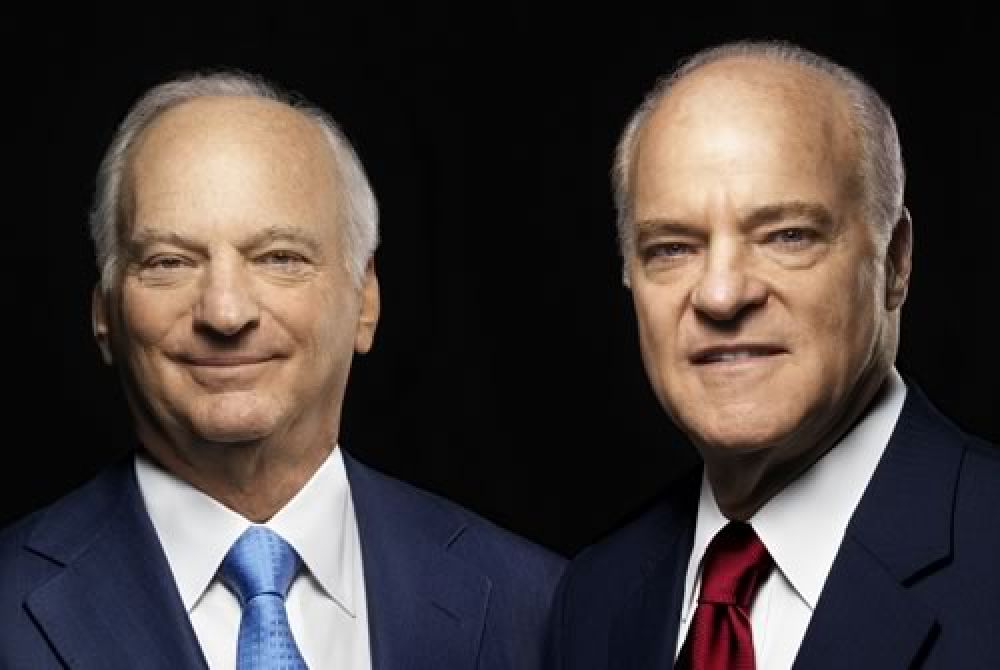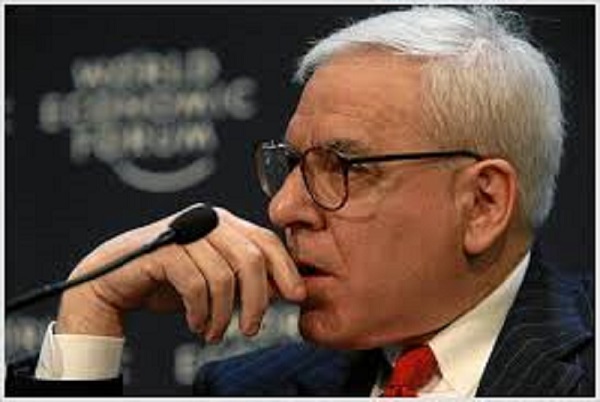–
/ By Clive Minchom /
Two giant Private Equity groups KKR & Co L.P. and Carlyle Group are among companies believed to be preparing bids for Singapore Telecommunications Ltd’s Australian satellite arm, Optus Satellite, Reuters reported Tuesday citing people familiar with the matter. SingTel is believed to be valuing Optus Satellite at more than A$2 billion.
Both KKR and Carlyle are publicly listed companies, KKR whose common units are listed on the New York Stock Exchange and Carlyle which is listed on the NASDAQ. Both are in the global alternative asset management business and operate in many parts of the planet buying businesses, hopefully improving them and then taking their exits at a profit if it works out well.
France’s Eutelsat Communications SA, Blackstone Group and Providence Equity Partners are also reported to be possible bidders. SingTel is understood to be inviting first round offers by June 14. SingTel, controlled by the Singapore State holding company Temasek Holdings, sent out financial information to bidders on Monday, it seems, after announcing a strategic review of the business earlier this year in March. All of the private equity suitors are attracted to the steady cashflow generated by the operation as well as low capital expenditure required that a business like this provides.
Optus sells TV, telephony and broadband services to more than 2 million subscribers in Australia and New Zealand. They operate a total of five satellites, with a sixth, Optus 10 (sic!), scheduled for launch later in 2013. SingTel itself, which acquired the satellite arm when it bought the Optus parent company in 2001 for $14 billion, has been struggling to increase its own earnings because of slowing growth in Singaporean and Australian mobile phone markets and, as well, problems at its Indian affiliated company Bharti Airtel.
Optus Satellite had EBITDA (earnings before interest, tax, depreciation and amortisation) of around A$225 million for 2012, sources have indicated.
Please help us out :
Will you offer us a hand? Every gift, regardless of size, fuels our future.
Your critical contribution enables us to maintain our independence from shareholders or wealthy owners, allowing us to keep up reporting without bias. It means we can continue to make Jewish Business News available to everyone.
You can support us for as little as $1 via PayPal at office@jewishbusinessnews.com.
Thank you.
The beauty of these quietly leaked details is that everyone now knows in the market place what is going on, and additional bidders may conceivably be encouraged thereby to present themselves. Singtel’s own advisors Credit Suisse and Morgan Stanley may even help to boost the potential from the auction process by offering favorable debt funding from the US of around A$1.7 billion that buyers can use for the acquisition.
The financing package from Credit Suisse and Morgan Stanley in the US is apparently around seven times Optus’ EBITDA, a leverage level not seen on a buyout in Australia since before the financial crisis. Australia’s own domestic commercial banks have refused to lend more than around four or five times earnings on any buyout deal in recent years, which is prompting the move to tap US funding.
Buyout loans from the United States surged to a record $287 billion in the first quarter, according to Thomson Reuters LPC, a trend that underline the return of risk appetite among investors. Despite the higher cost of US financing, proposed higher debt levels can actually increase returns when private equity firms exit an asset – as long as they turn out to be recession proof and ultimately the businesses acquired grow as intended.
Of course key to playing the game correctly is that all parties around all of the tables, including Singtel, Optus Satellite, Eutelsat, Blackstone, Carlyle, KKR and Providence have officially declined to comment at all for the record, on the basis that such a sale process is confidential!
However the head of KKR’s office in Australia, Justin Reizes, said at a conference in March that he sees the availability of such loans from the US opening up more opportunities for private equity buyouts in Australia. At least that much is on the public record….. so we will now see how it plays out.
–

KKR (L-R) Founders George Roberts and Henry Kravis
–
About KKR
KKR is a global investment institution publicly listed on the New York Stock Exchange. The firm was founded in 1976 as Kohlberg Kravis Roberts & Co by Jerome Kohlberg and his cousins Henry Kravis and George Roberts. Today it is still led by Henry Kravis and George Roberts, as Co-Chairmen and Co-CEOs and is a global powerhouse, based in New York, with offices all over the world and having transacted over the years more than $400 billion of deals and exits. The third founder left the firm in 1987 over differences in KKRs continuing strategy at that time of pursuing mega-deals.
Carlyle Group – David M. Rubenstein
–
About Carlyle Group
The Carlyle Group is a, Washington based, global alternative asset manager with $176 billion of assets under management in 114 funds and 76 “fund-of-funds” vehicles as of March 31, 2013. Publicly listed on the NASDAQ, Carlyle invests across four segments – Corporate Private Equity, Global Market Strategies, Real Assets and Fund of Funds Solutions – in Africa, Asia, Australia, Europe, the Middle East, North America and South America. Carlyle has expertise in various industries, including: aerospace, defense & government services, consumer & retail, energy, financial services, healthcare, industrial, technology & business services, telecommunications & media and transportation. The Carlyle Group employs more than 1, 400+ people in 34 offices across six continents.
Carlyle was founded in 1987 as an investment banking boutique by five original partners with backgrounds in finance and government: William Conway, Stephen Norris, David Rubenstein, Daniel D’Aniello and Greg Rosenbaum. The firm was named after the Carlyle Hotel in New York where some of the partners used to meet after work. Of the founding five partners Rubenstein (Co-CEO), Conway (Co-CEO) and D’Aniello (Chairman) remain active in the business while Rosenbaum left in the first year and Norris departed in 1995.







